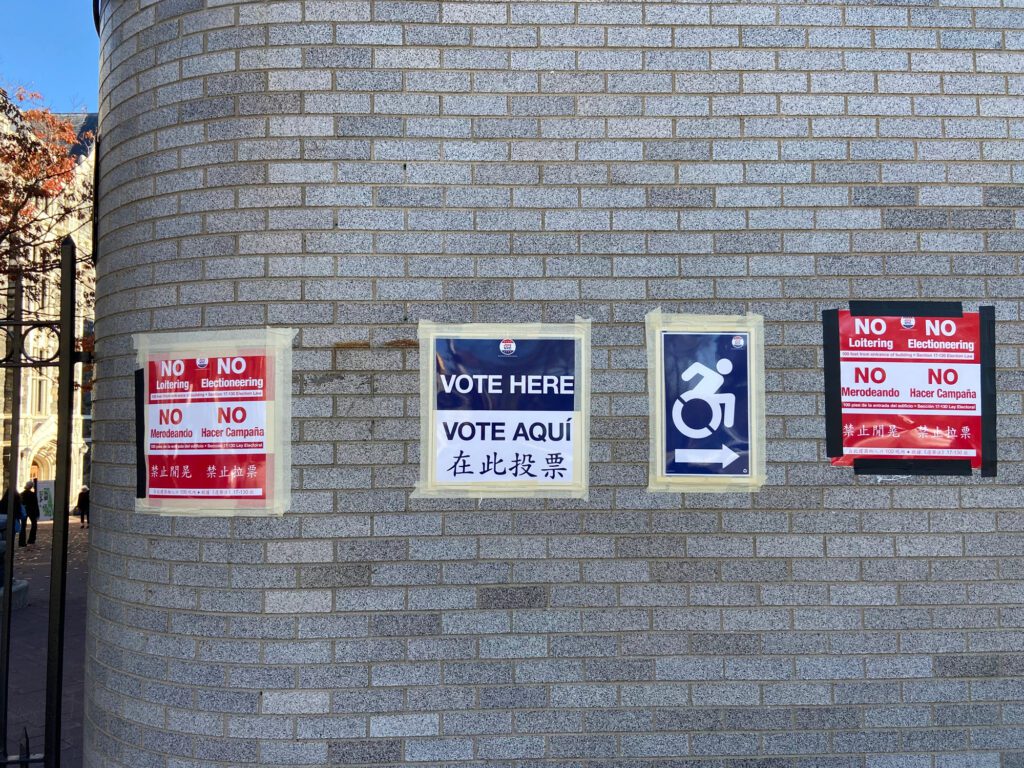Unveiling the Power of Diversified Political Data: A New Frontier in Understanding the Electorate


In today’s fast-paced political landscape, understanding the electorate is more crucial than ever. Traditional polling methods have long been the cornerstone of political strategy, but in an era where issues drive the conversation more than personalities, diversifying political data is essential. This is where the power of real-time insights comes into play.
The expansion beyond traditional polling isn’t about supplanting it; it’s about enriching it. Political decisions require a nuanced understanding of the electorate’s sentiments, behaviors and priorities – all of which change on a day-to-day basis. Whether at the campaign level or in governance, decisions should be informed by a comprehensive understanding of these changes. And with the advent of tools like political dashboards, we have the opportunity to broaden our perspective by examining media consumption habits and analyzing content itself, thus generating more comprehensive data sets.
Such tools help advertisers reach and engage voters not just at the right moment, but in the right environments. By evaluating media consumption and content, we can better ascertain which sources audiences trust, and into which conversations they’re tuning. Take the economy, as an example. By identifying specific areas of concern – such as inflation or economic growth opportunities – as well as the media sources to which audiences are turning for answers, we can tailor messaging to align with voter priorities. This contextual understanding enables precise targeting, ensuring messages truly resonate.
Beyond this, real-time data comes with unique advantages. While polls provide valuable insights, they also involve complex data collection and analysis – both of which take time. In contrast, real-time data allows for immediate access to insights on evolving issues and voter sentiments, enabling more agile decision-making and campaign strategies.
Diverse political data serves to complement, not compete with, traditional polling approaches. Acknowledging the pivotal role of polling in shaping political narratives is essential. By highlighting the value of real-time insights in tandem with traditional methods, though, we can advocate for a more holistic approach to political data analysis.
Further, diversified data offers a deeper understanding of voter behavior beyond demographics, allowing for more targeted messaging and audience engagement. By complementing polling insights with information on consumption patterns and issue-specific interests, campaign strategies can be tailored more effectively, amplifying their impact. Again, think about the economy – we know voters care about it, but which elements and conversations are driving that care and concern? Voters’ media consumption can offer those answers, practically instantaneously.
In an era marked by technological advancements and increasing data complexity, the responsibility falls on technology partners to deliver robust and reliable data solutions. As we navigate the challenges of identity resolution and data cleanliness, the importance of trusted sources cannot be overstated. By leveraging diversified political data, we can navigate the intricacies of the political landscape with clarity and precision.
Ultimately, diversifying political data is not just a matter of innovation; it’s a strategic imperative. By embracing real-time insights from a variety of sources, we can gain a deeper understanding of the electorate and drive more impactful political outcomes. As we chart a course through the complexities of modern politics, diversified data will be our compass, guiding us toward a more informed and responsive democracy.
To learn more about how to leverage diversified political data for your campaign, get in touch with Nexxen’s team today.
With more than six years’ experience working at the intersection of technology, politics and policy, Kory Vargas Caro is now a Senior Director of Sales at Nexxen, leading the political and advocacy market. Prior to joining Nexxen, he worked on Capitol Hill and on several congressional campaigns, where his expertise was focused on Latino candidate development and Latino voter engagement. He has an MBA from UC Berkeley and a BA from Stanford University.
